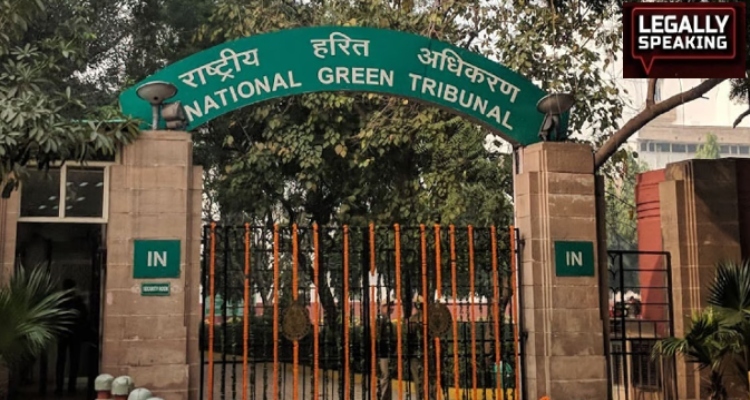
The National Green Tribunal (NGT) has rejected a petition alleging violations of environmental norms in the redevelopment of Bijwasan railway station in the Dwarka area of the capital.
The NGT was hearing a plea claiming that the land parcel earmarked for the new Bijwasan railway station under a Request for Proposal (RPF) was unauthorized, and approximately 1,100 trees would be cut down for the project.
According to the Indian Railway Stations Development Corporation Ltd. (IRSDC), Bijwasan is an existing station on the Delhi-Rewari line of the Indian Railways network, slated to be redeveloped as a world-class station. The redevelopment also aims to increase the number and capacity of terminal stations in the capital.
A bench led by NGT Chairperson Justice Prakash Shrivastava acknowledged the submissions of the Rail Land Development Authority (RLDA), which clarified that the land in question was not categorized as ‘deemed forest’, and the amended Forest (Conservation) Act (FCA) had eliminated the concept of deemed forests.
Last year, the central government amended the FCA, exempting deemed forests (forests not officially recorded as forests in government records) from its scope and limiting the requirement for prior central government sanction for projects involving forest land clearance to land officially recorded as forests in government records.
The bench, also including judicial member Justice Sudhir Agarwal and expert member A Senthil Vel, took note of an affidavit submitted by the concerned deputy conservator of forest, affirming that the land was not notified as a forest.
In the order, the tribunal also highlighted RLDA’s assurance of adhering to all laws during project execution.
“We are satisfied that sufficient precautions have been taken to prevent illegal tree felling. Moreover, we emphasize that respondents must refrain from any illegal tree cutting during project implementation and adhere to all environmental regulations, including compensatory afforestation,” the tribunal stated.
It further emphasized that any activities would be undertaken only after obtaining necessary approval and complying with conditions set by environmental authorities.
“We find no reason to intervene in this Original Application (OA), which is therefore dismissed,” the tribunal concluded.





